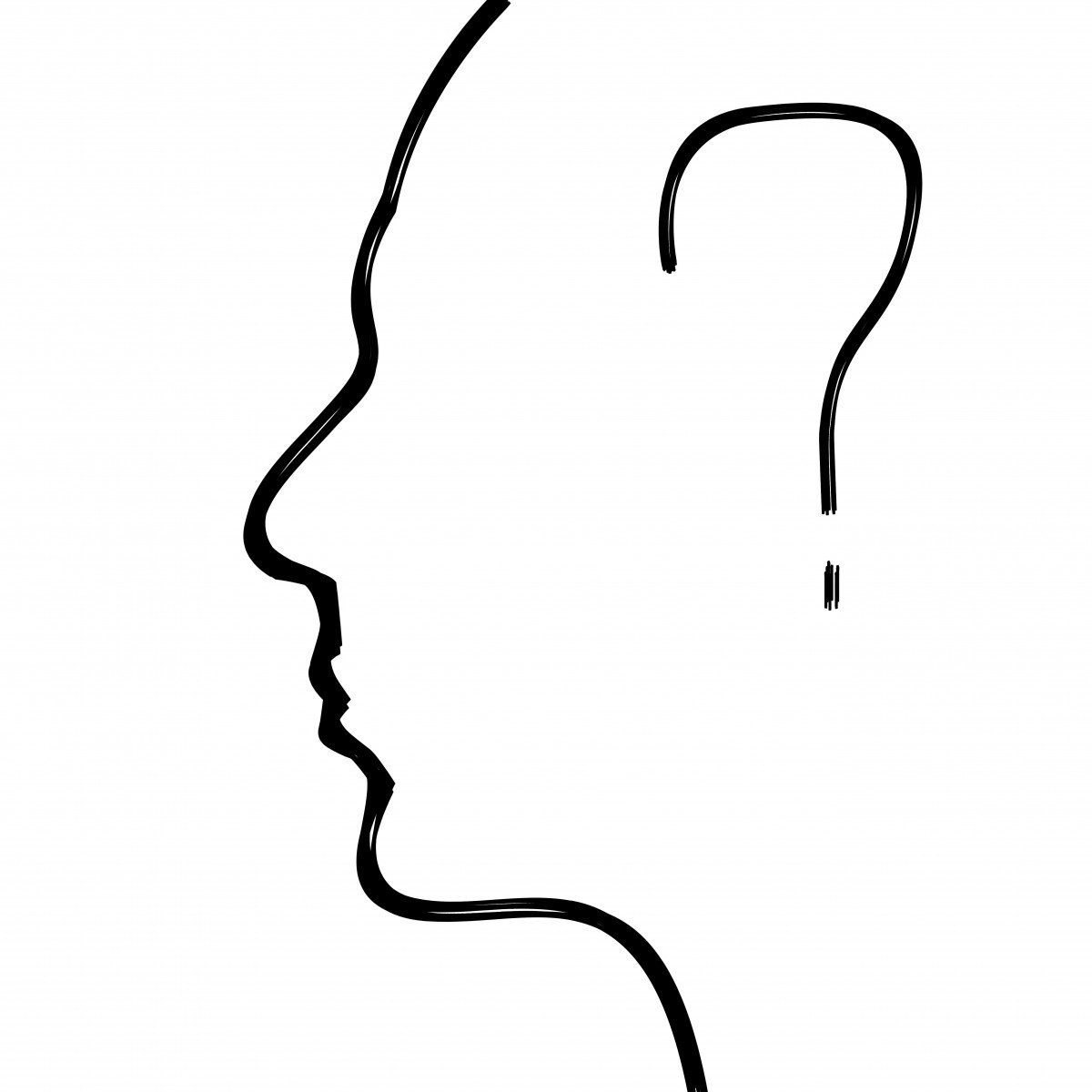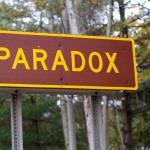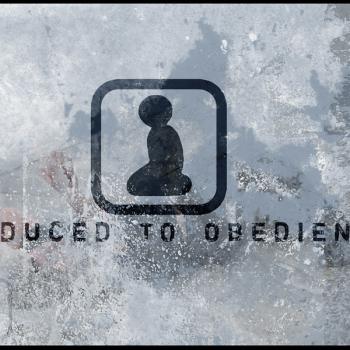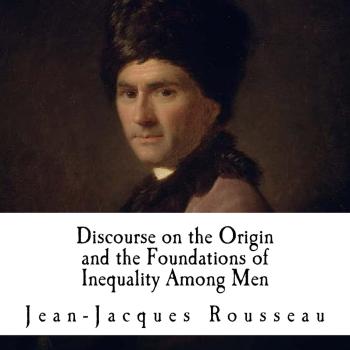People say this generation has lost faith–– in nearly everything, whether in God, in love, in institutions, or in the future. But I think Freya India gets it exactly right: it’s not that we lost faith. It’s that we never learned it.
Not faith in a narrow, religious sense (though that’s part of it), but faith as a habit of being. A disposition. A way of seeing the world. Erich Fromm called it a character trait—faith not as belief in something, but as a deep trust in life, in others, and in ourselves. And that’s the piece that’s missing. The young people I see every day weren’t raised in a world that fostered this kind of trust. They were raised in one that rewards doubt.
And I get it. Of course we doubt. Who wouldn’t? Every stable foundation we used to stand on—tradition, community, shared definitions of good—has been eroded or outright mocked. It’s hard to trust anything that lasts when everything around you feels disposable. Culture trains us to hold back, keep our options open, and never get too attached. And then we wonder why we feel disoriented and lonely.
It’s All Consuming
Freya points out that our doubt isn’t just intellectual— it’s existential. We don’t just doubt doctrines or data. We doubt whether anything matters. We doubt whether being good makes a difference. Whether love is worth it. Whether we’re even capable of commitment or trust. We’re told to be hyper-vigilant, to scan for red flags, to walk away when something doesn’t feel perfect. And then we’re surprised that we can’t build anything that lasts.
What really struck me in her piece is the idea that we’ve become more afraid of being “trapped” by commitment than being enslaved by doubt. We train ourselves to walk away and call it strength. We guard our freedom at all costs. But freedom isn’t always strength. Sometimes it’s just fear dressed up in flattering language.
We used to worry that people would stay in toxic relationships. Now we’ve overcorrected—we’re terrified of staying at all. We’ve been taught how to run, but not how to remain. How to detect dysfunction, but not how to be loyal. We’re fluent in red flags but illiterate in grace.
And it’s not just relationships. The same script plays out everywhere. We doubt our moral instincts, second-guess our beliefs, and outsource our decisions to influencers, therapists, or AI. We scroll endlessly not because we’re curious but because we’re unsure. We’ve confused being informed with being wise, and we’ve confused skepticism with safety. And maybe, deep down, we’ve started to believe that staying uncertain is what keeps us from getting hurt.
Doubt Isn’t Safe
But here’s the thing: doubt doesn’t keep you safe. It keeps you stuck. It doesn’t protect you—it paralyzes you. You can’t sacrifice, can’t serve, can’t love deeply if you’re always hedging your bets. You need faith for that. Not blind optimism, but the kind of steady, day-after-day courage that dares to say, “I’m not walking away. I’m staying. I’m going to see this through.”
Freya puts it beautifully: the people she admires most aren’t the ones who had easy lives. They’re the ones who endured loss, betrayal, hardship— but chose not to fold. People who kept showing up when every voice told them it was safer to bail. That’s not just admirable. It’s holy.
We’ve trained ourselves to flee anything that might require self-sacrifice. And then we’re surprised when we don’t know how to build lives worth living. Maybe what we need now isn’t more therapy or self-help or hot takes. Maybe we need to relearn faith— not just in God (though yes, obviously). However, in each other, we need to regain faith in the possibility of love and in the goodness of staying, even when it’s hard.
Because, in the end, doubt may feel smarter. But faith is what builds. That is what heals. Faith is what keeps the human story going. The devil rarely shows up with horns—he shows up with a whisper: “You can’t trust this. Walk away. You’re better off alone.”
And the only way to resist that voice is to start practicing the opposite habit. Faith. Not the naïve kind. Not the prosperity kind. The kind that stays when it would be easier to go. The kind that says yes again, and again, and again.













